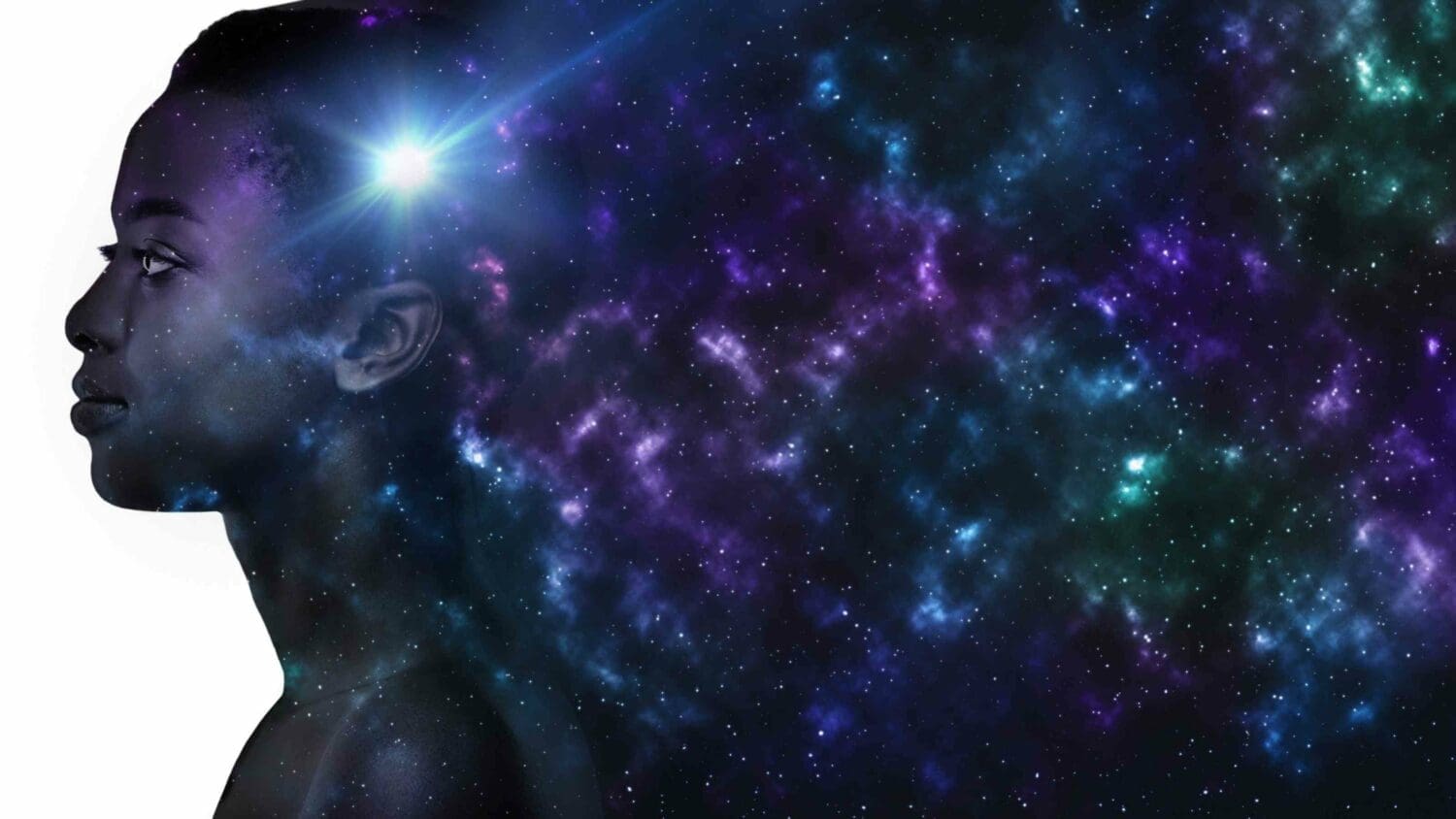We’ve all had those moments where something small sets off something big. A delayed text. A shift in tone. A silence after vulnerability. Suddenly, your nervous system is spiraling, and you’re questioning everything.
Most of us have been taught to see these moments as signs we’re too reactive, too sensitive, or not “healed enough” for love. But what if these emotional storms aren’t proof you’re broken? What if they’re invitations?
Conflict isn’t the problem. The game is how we move through it.
Season 3 of the Uncover YOU podcast continues with my own story about a recent activating moment, and how I use my tools to find the gold. Learn how your most activated moments in relationship can become powerful tools for healing and deeper intimacy.
In today’s self-development culture, we’re often taught that emotional reactions are signs of immaturity or proof we’re not “healed enough” for love. But what if these intense emotional waves are actually signposts pointing to your deepest healing?
This paradigm shift is at the heart of what I call the “Relationship Revolution.” Instead of viewing your triggered moments as failures or evidence that you’re not ready for love, what if you saw them as your greatest classroom? The truth is that secure, emotionally mature people don’t avoid these waves of reaction—they’ve simply developed the capacity to ride them skillfully, extracting wisdom from the experience.
When relationship triggers arise, we fall into predictable patterns of protection. We might completely believe the stories our nervous system is telling us: “They don’t care about me,” “This relationship is doomed,” or “I need to end this immediately.” Alternatively, we might try to suppress these reactions, only to have them emerge sideways in passive-aggressive behaviors or emotional distance. Either way, we’re missing the gold hidden within these moments.
The revolutionary approach isn’t about never getting triggered—it’s about developing the skills to sit in the middle of the storm, regulate your nervous system enough to observe what’s happening without being entirely identified with it, and follow the threads of activation down to the core wounds or unmet desires they reveal. This isn’t just emotional intelligence—it’s emotional alchemy.
Consider a recent example from my own life. In a connection with someone, I experienced that familiar wave of intense reaction when communication suddenly paused after I had vulnerably shared my desires. My nervous system immediately went into overdrive with stories about what this meant about him and about me. But instead of either acting from this place or trying to suppress it, I practiced sitting with the discomfort and exploring what was actually happening.
What I discovered was illuminating. The activation revealed three distinct parts of myself: an anxious little girl who feared she was unlovable when emotionally expressive, a “go-getter” who believed she needed to fix everything immediately, and a sensual “lover” who simply wanted to express and receive desire. Each part needed something different from me—reassurance, new leadership, and freedom of expression—not something from my connection partner.
This is the profound shift that transforms relationships: recognizing that our painful triggers aren’t just obstacles to overcome or manage—they’re invitations to meet unmet needs, clear old patterns, and align with what we truly desire. The wave of reaction becomes a guide rather than something to fear or shame yourself for experiencing.
The implications of this approach extend far beyond individual healing. When we develop the capacity to move through our own activation with compassion and curiosity, we bring an entirely different presence to our relationships. We stop demanding that others fix our discomfort. We stop blaming them for triggering us. Instead, we take radical responsibility for our experience while staying connected.
Perhaps most importantly, this work helps us distinguish between practicing skills that truly serve our growth versus staying in situations that diminish us. Not all relationship challenges are created equal—some are invitations to deeper intimacy, while others are invitations to set boundaries or even leave. The wisdom is in knowing the difference.
As you engage with your own relationship triggers, remember that your “crazy” isn’t evidence that you’re broken or unworthy of love. It’s a perfectly natural response from a nervous system that’s been conditioned through past experiences. Your work isn’t to eliminate these responses but to develop the inner leadership to guide yourself through them with compassion, extracting the wisdom they offer, and ultimately growing your capacity for deeper, more fulfilling connection.



